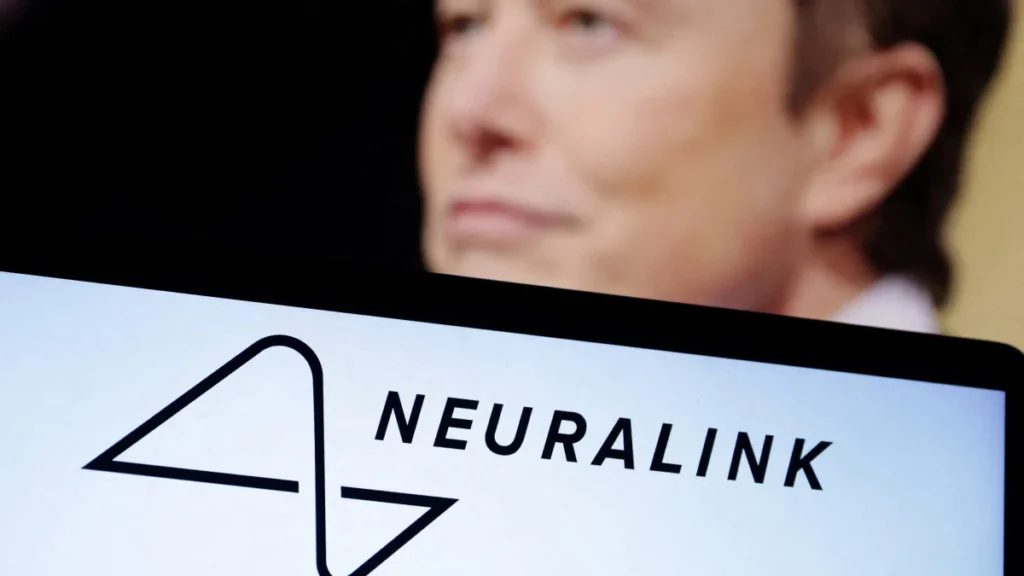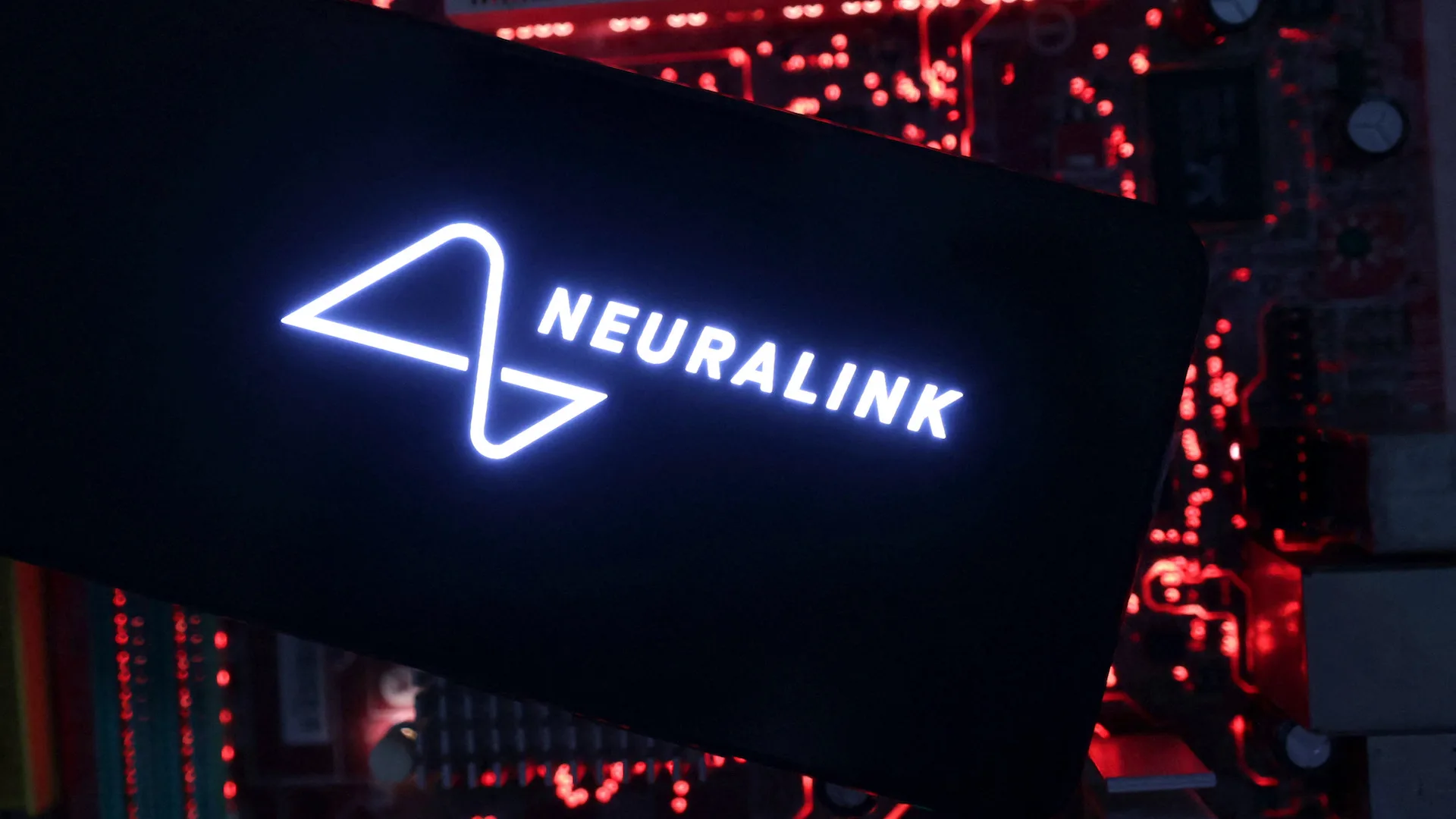Neuralink is evaluating its brain chip implant to enable paralyzed individuals to control digital devices through thought alone.
Neuralink has announced that the tiny wires of its brain chip implant, used in its initial human trial, have become “more or less very stable.” This update marks a significant milestone for the company, founded by Elon Musk, as it continues to advance its groundbreaking technology. The trial, involving Noland Arbaugh, a participant paralyzed from the shoulders down due to a 2016 diving accident, has faced challenges but is now showing promising stability in the implant.
Earlier in May, Neuralink reported that several of the tiny wires within Arbaugh’s brain had shifted from their intended positions. This issue arose as the brain underwent the natural process of healing and tissue integration following the surgery. However, the latest update from Dongjin “D.J.” Seo, a Neuralink executive, indicates that the wires are now securely anchored and stable.
Seo explained that the initial instability was expected due to the time required for brain tissues to stabilize the implant threads. As the healing process progressed, the wires have remained in place, allowing for consistent monitoring and functioning of the device. This stability is crucial for the ongoing success of the trial and for achieving the ambitious goals Neuralink has set for its technology.

The primary aim of Neuralink’s implant is to provide individuals with paralysis the ability to control digital devices solely through their thoughts. This capability represents a significant leap forward in assistive technology and holds the potential to vastly improve the quality of life for those affected by severe mobility impairments. By interfacing directly with the brain, Neuralink’s technology could enable users to interact with computers, smartphones, and other digital devices without physical movement.
Elon Musk and his team are hopeful that the positive developments in this trial will pave the way for more extensive human testing later this year. The success of these early trials is vital for Neuralink to refine its technology and demonstrate its viability for broader applications. The company’s efforts are focused on both improving the functionality of the implant and ensuring its safety and reliability for future users.
As Neuralink progresses with its trials and continues to address technical challenges, the potential impact of its brain chip implant remains significant. If successful, the technology could revolutionize the way we interact with digital environments and offer new possibilities for individuals with paralysis, marking a major step forward in the field of neurotechnology


















